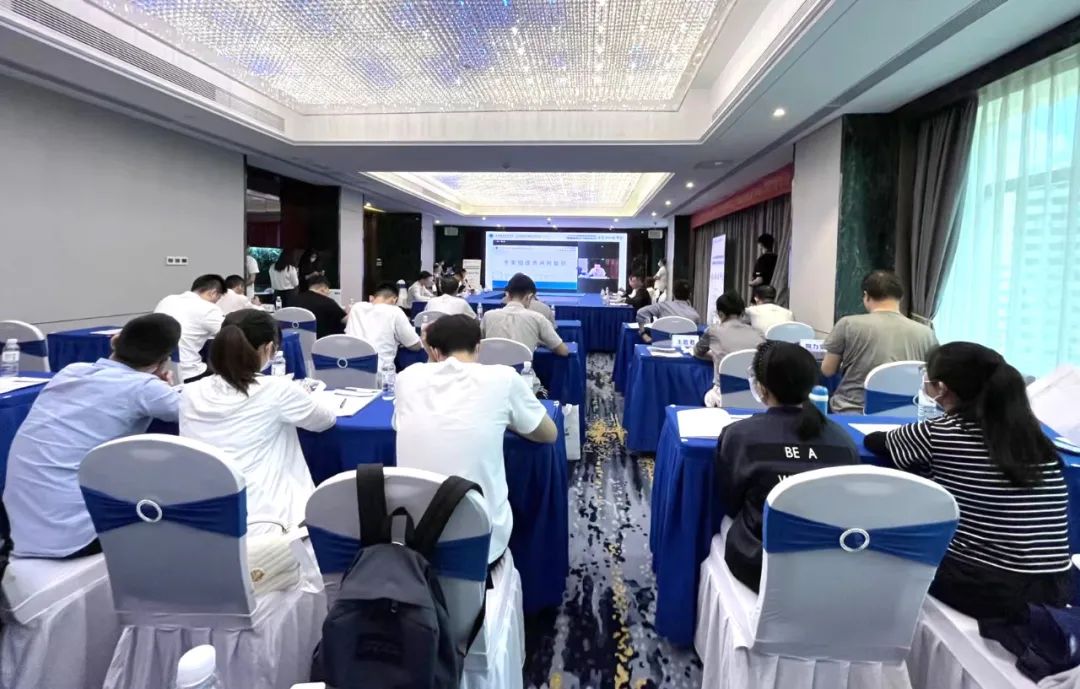On July 10, 2022, Expert Consensus on the Clinical Application of PDTO Drug Sensitivity Test was officially released by Tumor Markers Professional Committee of Chinese Anti-Cancer Association, Chinese Journal of Cancer Prevention and Control, Guangdong Research Center of Organoid Engineering and Technology, and Organogenic and Organon-on-a-chip Branch of Guangdong Precision Medicine Application Society.
Steady growth and long-term development
Under the organization of Tumor Markers Professional Committee of Chinese Anti-Cancer Association, led by Professor Wang Shubin from Shenzhen Hospital of Peking University, together with Guangdong Research Center of Organoid Engineering and Technology and editorial department of "Chinese Journal of the Prevention and Treatment of Cold Disease", 28 domestic experts in oncology, biology, immunology, pharmacology and other disciplines were gathered. After a lot of data research and thorough discussion, Finally, the first expert consensus in the field of organoids was formed, which provided norms and guidance for the clinical research and clinical practice of organoid technology.
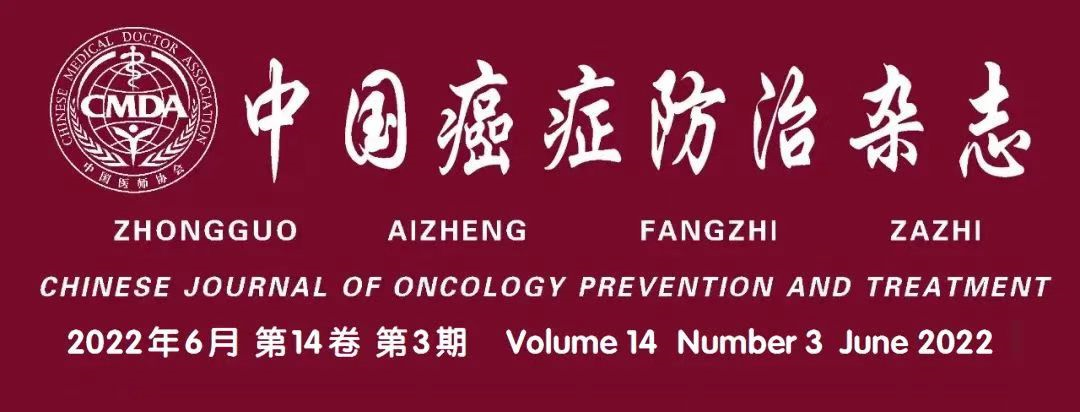
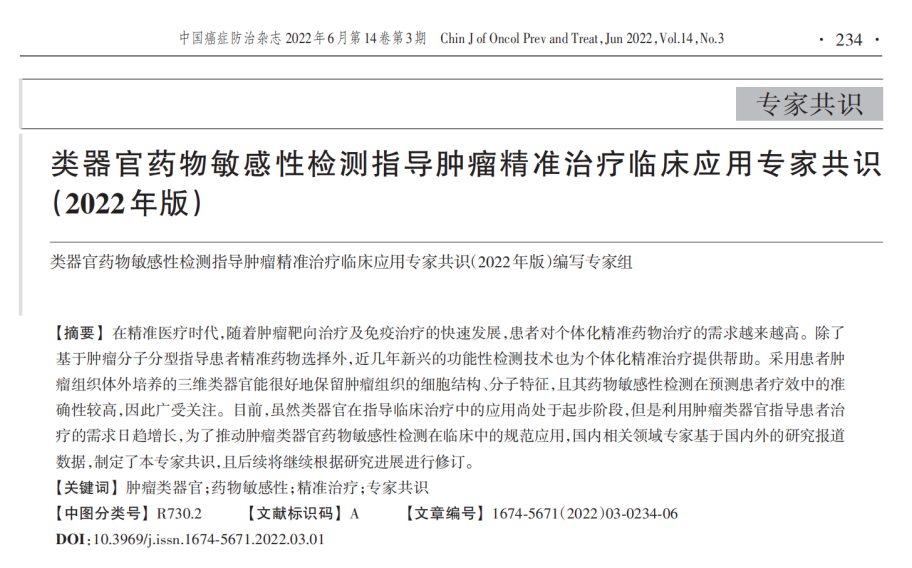
The press conference was co-hosted by Professor Li Gang from Nanfang Hospital of Southern Medical University and Professor Meng Yuanguang from PLA General Hospital.
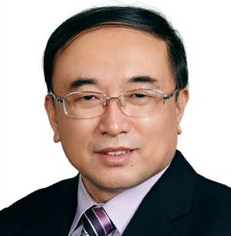
Yu Jinming, academician of Chinese Academy of Engineering and President of Shandong Cancer Hospital, said: Warm congratulations on the official release of Expert Consensus on Clinical Application of organoids by Tumor Markers Professional Committee of China Anti-Pain Association! Organoids have a broad application prospect, and the construction and promotion of expert consensus in clinical application will certainly play a positive role in promoting clinical research, basic research and translational research of cancer, and play a significant role in improving the effect of tumor precision therapy. Academician Yu has high hopes for the clinical application of organoid drug sensitivity, and looks forward to joint efforts by all of us through continuous technological innovation and improvement. We will make more Chinese voices, practices and guidelines available on the international stage.
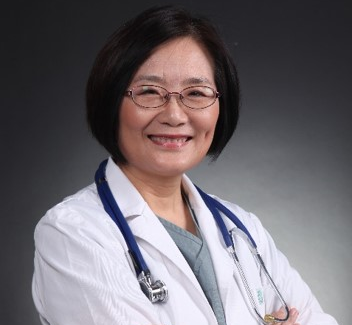
Professor Shen Lin, Chairman of the Tumor Precision Therapy Committee of the Chinese Anti-Cancer Association, delivered a speech. First of all, she expressed her sincere congratulations on the release of this far-reaching consensus. The rapid development of organoid technology has shown great application prospect and value in precision medicine, new drug research and development, and research on the mechanism of tumor development. Expert consensus embodies the wisdom of experts from various disciplines, which is of great significance to the development of organoid technology. Thank all colleagues for their contributions to this work.
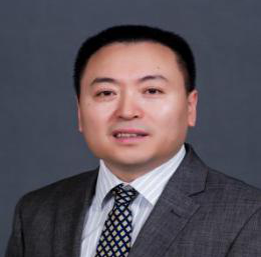
Professor Xing Jinliang, director of the Department of Physiology and Pathology of Air Force Military Medical University and permanent director of the Chinese Anti-Cancer Association, said that organoids were rated as the annual technology and the top ten breakthrough technology respectively, which have very good clinical application value for the study of the mechanism of tumor development and rapid evaluation of tumor treatment effect, hoping to further promote the clinical application and practice of organoid drug sensitivity. And then promote the rapid development of organoid related research.
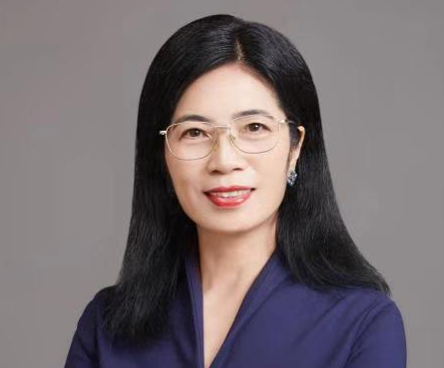
Professor Yu Hongping, Deputy director of Guangxi Institute of Cancer Prevention and Treatment and the Professional Committee of Tumor Markers of the Chinese Anti-Cancer Association, pointed out that at present, there is great blindness and uncertainty in clinical targeted therapy based on tumor gene detection results, and only less than 3% of patients really benefit from it. Organoid drug sensitivity detection is an effective method to improve the efficiency of precision treatment. The expert group follows closely the consensus of the first domestic organoid experts compiled by the most cutting-edge organizations, which provides guiding significance to the front-line clinical practice and makes clinical practice follow rules and regulations, which is a very good reference value for standardized diagnosis and treatment.
A new approach to tumor individualized therapy
Organoid model is a preclinical model with unlimited potential in the field of oncology subdivision.
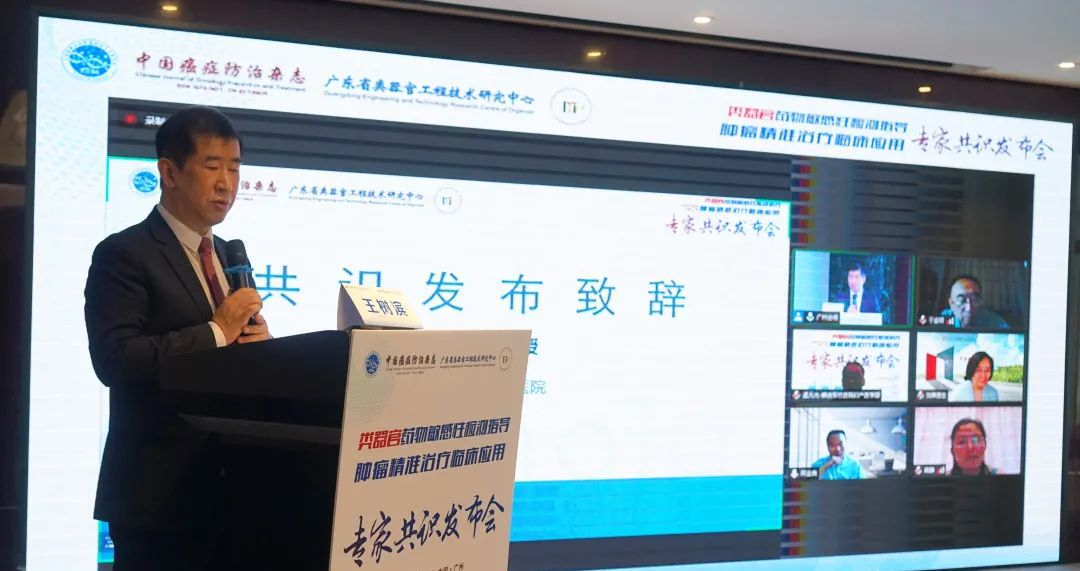
Professor Wang Shubin, chairman of the conference, believed that tumor organoids can partially restore the tissue and molecular properties of cells in the body, simulate the organs in the body to the greatest extent, and have the functions of tissues and organs, which can provide an effective reference for the realization of tumor precision medicine. Professor Wang Shubin first made a speech of thanks on behalf of the Consensus writing group. This consensus has collected the wisdom and painstaking efforts of all experts. With a rigorous attitude, we have kept improving and repeatedly crafted the final draft.
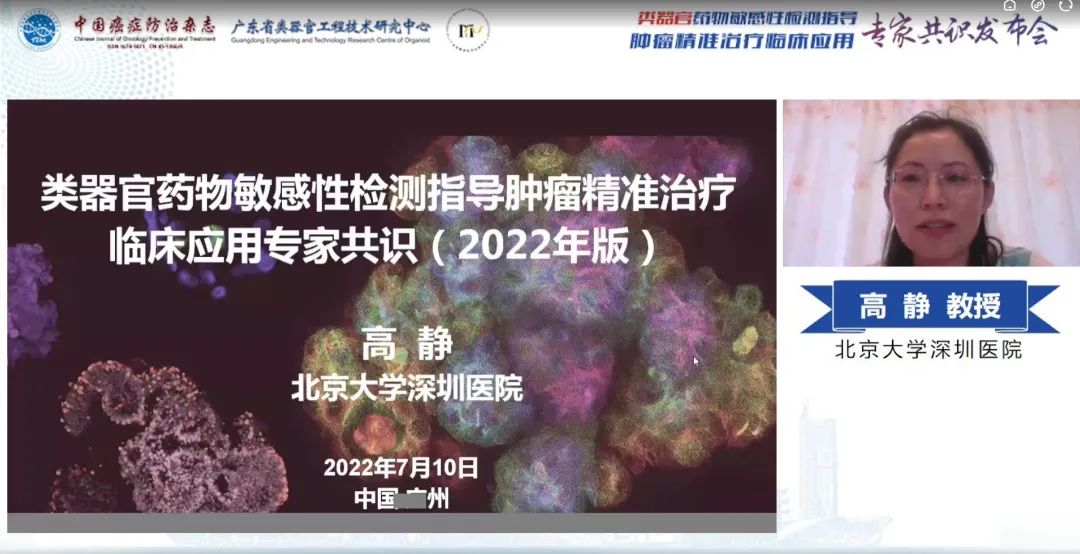
As a core member of the writing team, Professor Gao Jing followed the principles of rigorous verification, active exploration and appropriate foresight, and elaborated from six dimensions, including the definition of tumor organoids, the selection and application scenarios of tested drugs, implementation specifications, detection procedures, comprehensive analysis, clinical significance and the prospect of the future. "Consensus" originates from the vigorous development of academic researches related to organoids and the extensive value of clinical transformation application. It is built on the basis of high-quality organoid drug sensitivity cohort study data, focuses on the clinical application of organoid drug sensitivity in the precision treatment of tumors, and hopes to provide reference for the standardized application of organoid drug sensitivity in clinical practice
Patient-derived organoids guide precision medicine.
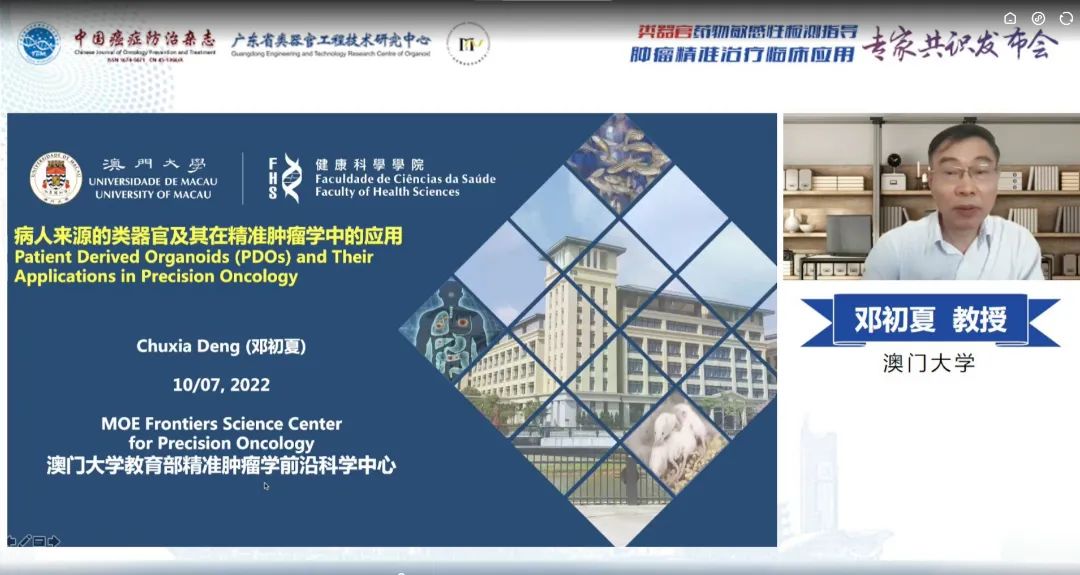
Professor Deng Chuxia, Dean of the Faculty of Health Sciences, University of Macau, presented the topic "Patient-derived organoids and Their Application in Precision Oncology". The sharing of clinical cases and cohort studies showed that organoids have advantages in cancer research, such as high success rate of line establishment and key characteristics of primary tumors, and can provide drug reference for patients with advanced, drug-resistant and refractory cancers. The mechanism of drug resistance, early detection and treatment strategies of drug resistant tumors were studied by means of organoids of bowel cancer and breast cancer, and the solution of drug resistance was proposed.
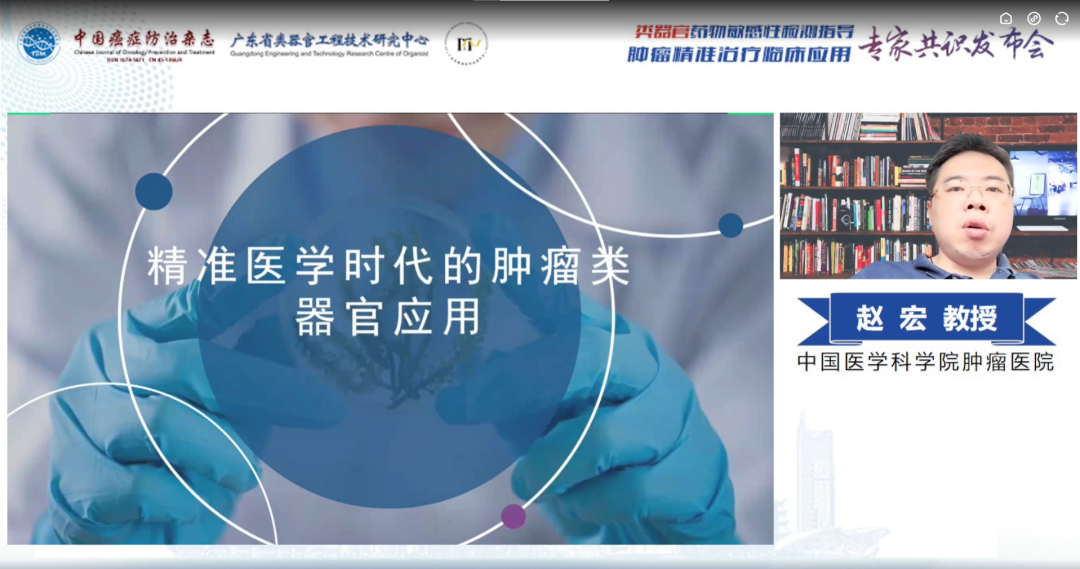
Professor Zhao Hong from the Cancer Hospital of Chinese Academy of Medical Sciences, with the title of "Application of tumor organoids in the Age of Precision Medicine", believes that organoids are closer to the human body in terms of biological characteristics, and the clinical effectiveness of drug sensitivity detection based on them is ideal, which is conducive to improving the drug efficiency. The high efficiency of modeling also provides a faster choice for third and fourth line patients with urgent drug use. However, the clinical application of organoid drug sensitivity requires the joint investment of everyone to provide more support of high-level evidence-based medicine evidence, so as to make more contributions for organoid technology to serve earlier patients such as second-line patients and make more progress towards true precision therapy.
Roundtable Forum - Multiple perspectives, profound analysis
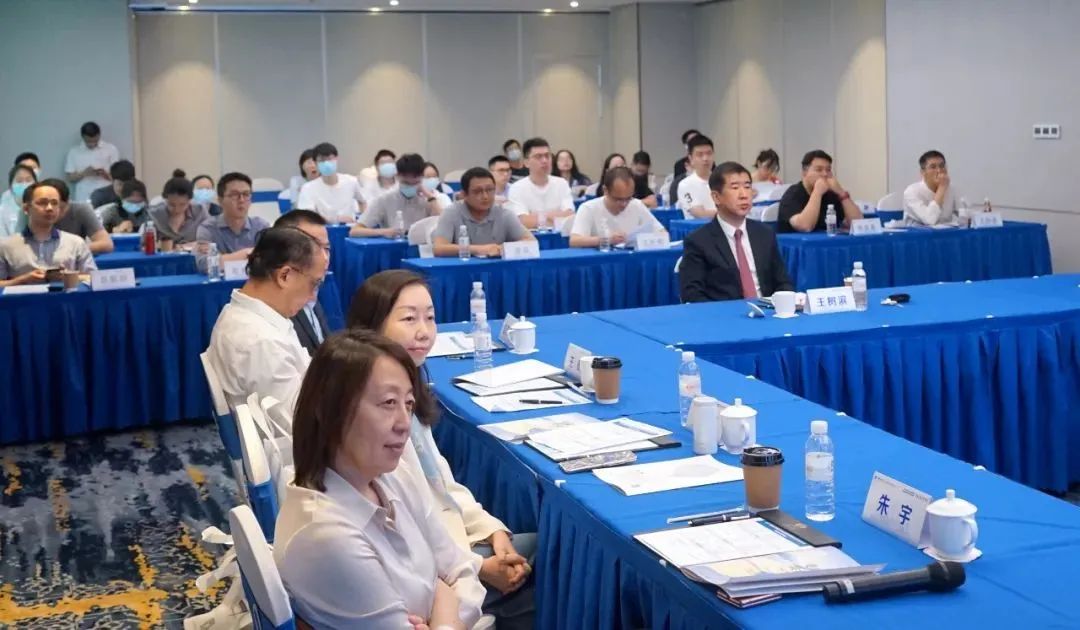
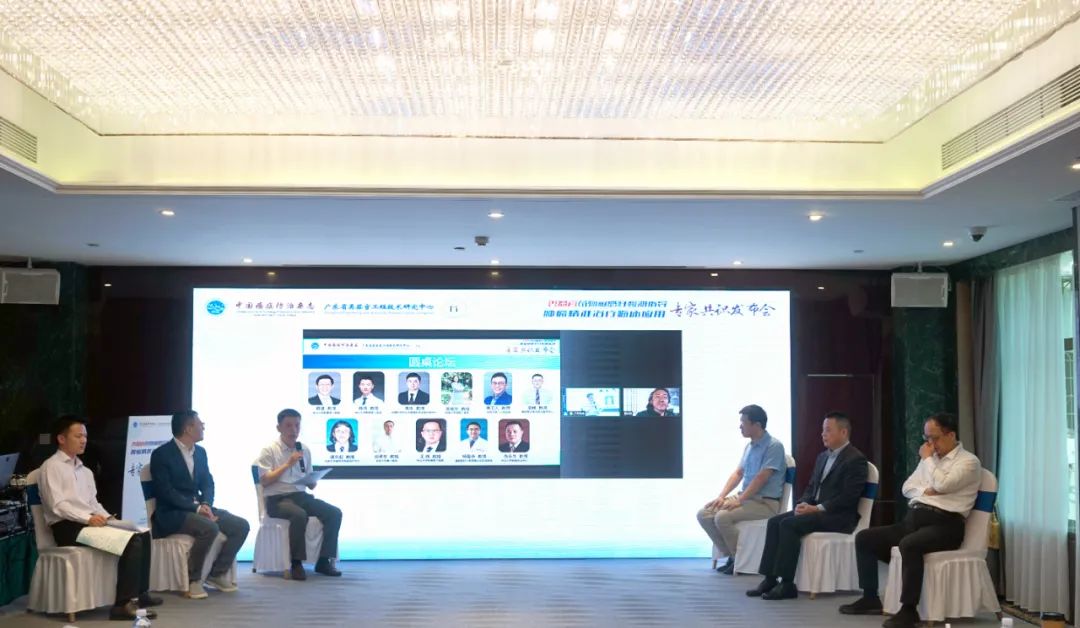
During the roundtable discussion, Prof. Wang Hui and Prof. Cai Jian of the Sixth Affiliated Hospital of Sun Yat-sen University, Prof. Dongqi Tang of Shandong University, Prof. Dongsheng Zhang of Cancer Prevention Center of Sun Yat-sen University, Prof. Xiaodong Tian of the First Affiliated Hospital of Peking University, Prof. Weiren Huang of the Second People's Hospital of Shenzhen, Prof. Yuanyuan Lu of Xijing Gastroenterology Hospital of Air Force Medical University, Prof. Yingchi Yang of Beijing Friendship Hospital of Capital Medical University, and the Chinese Academy of Sciences Prof. Dong Gao from the Center for Excellence in Cell Science, Prof. Yawen Gao from the Second Xiangya Hospital of Central South University, Prof. Feng Liang from the Fifth Medical Center of the General Hospital of PLA, and Prof. Wei Chen from the Seventh Hospital of Sun Yat-sen University have published their in-depth understandings of "Consensus" based on their respective disciplines and practical experience.
Innovation in science and technology, steady progress
In his concluding remarks, Professor Wang Shubin, chairman of the conference, pointed out that in 2020, studies from China accounted for more than 14% of the global organoid literature, fully demonstrating China's leading position in this field. The release of Expert Consensus 2022 on Organoid Drug Sensitivity Detection to Guide Clinical Application of Tumor Precision Therapy will certainly open a new page in the application of organoids in tumor precision therapy. In the future, the breakthrough of organoid technology and the accumulation of clinical data need the cross-border cooperation of industry, education, research and medicine to continuously lead the development of this technology. "Consensus" will also be continuously modified and updated to benefit more patients for organoid drug sensitive technology, voice China, and contribute China's strength!
